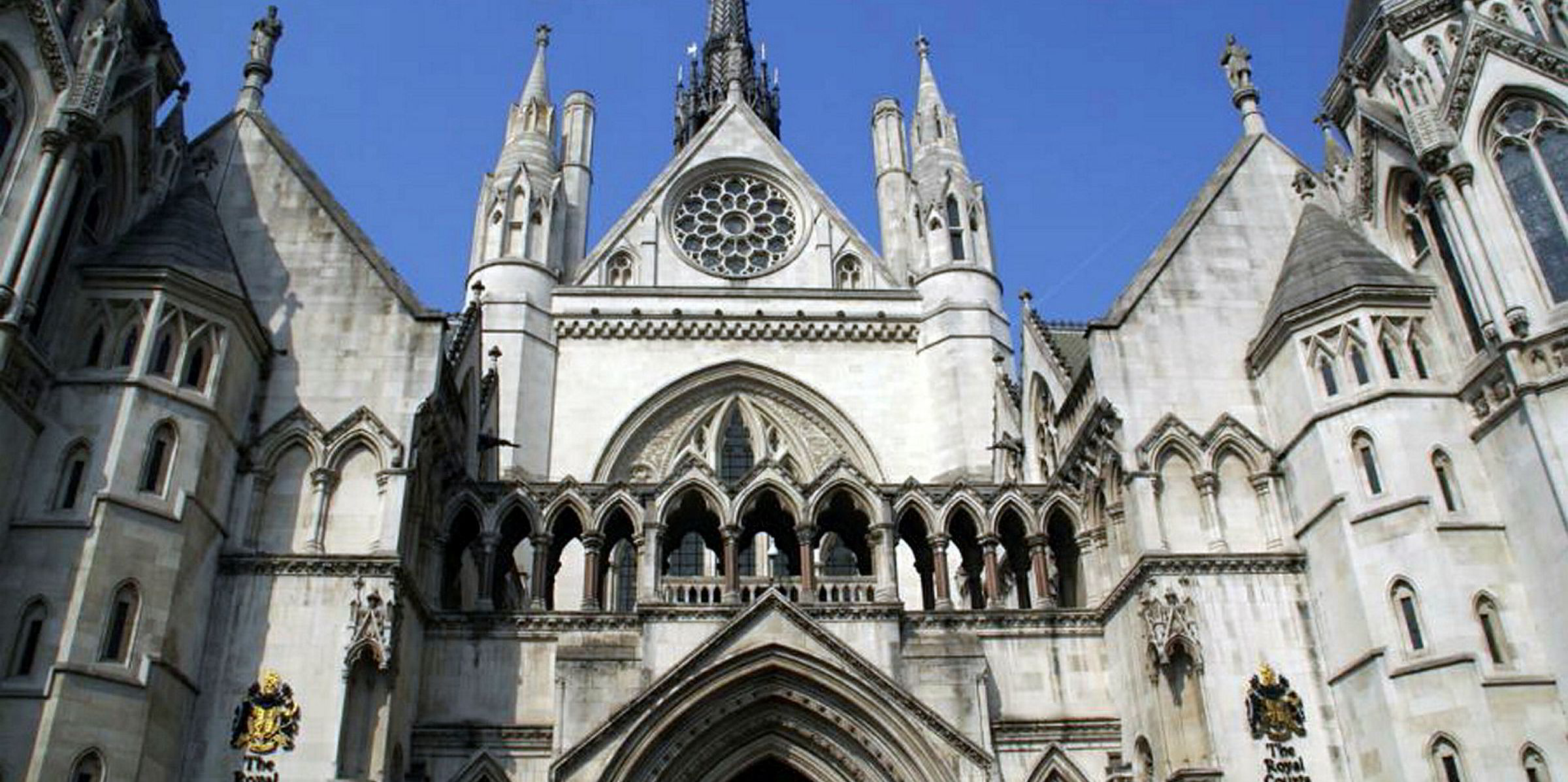A cargoship owner has successfully appealed a tribunal ruling that found Arab Bank was not liable for demurrage because it was not a party to a contract of carriage.
UK high court Justice Andrew Popplewell overturned a 2017 decision against Sea Master Shipping that found the lender could not be pursued for damages following a row over a series of bills of lading for a grain cargo.
The case hinged on whether a bank becomes an original party to the bill of lading when a sale falls through and new bills, referred to in the judgement as the first and second switch bills, are issued.
The dispute arose from a shipment of a 7,000-tonne cargo of Argentine extracted toasted soyabean meal on a vessel named as Sea Master in June 2016.
The shipper was Oleaginosa who had sold it to Glencore Grain, who had in turn sold it on FOB terms to Agribusiness United DMCC.
The shipment was fixed into Morocco, but Agribusiness' sale fell through.
It then entered into a new deal with Sarl El Alf in Algeria.
Documents rejected
Those terms provided for payment to be made to Agribusiness by presentation of documents, including bills of lading, under a letter of credit issued by Banque Nationale D'Algerie and confirmed by Al Masraf Bank in Dubai.
Al Masraf Bank rejected the documents as non-compliant.
Meanwhile the vessel was incurring demurrage at Oran and Agribusiness needed to find a new buyer for the cargo.
On 17 October 2016 Agribusiness concluded a new contract of sale with Black Sea Grain in Lebanon.
This failed too and Agribusiness resold the cargo yet again to Yousef Freiha & Sons on CIF Lebanon terms on 28 November 2016.
The second switch bill was endorsed in blank by the bank and presented for payment under that contract, under which it was accepted and payment made. The cargo was eventually delivered to Yousef Freiha & Sons in Lebanon against presentation of the original second switch bill.
On 22 March 2017 the bank commenced arbitration proceedings against the owner in respect of claims under 10 of the bills of lading relating to other cargo on board the vessel (a shipment of corn).
The owner brought a counterclaim against the bank for demurrage and/or damages for detention under the second switch bill, claiming $1.63m.
Arab Bank contended that it was not a party which had undertaken any obligations under the second switch bill and was not party to the arbitration agreement; accordingly it challenged the jurisdiction of the tribunal to determine the counterclaim.
The high court judgement referred to the doctrine of separability, the starting point for which is the principle that an arbitration agreement has a separate and independent existence from that of the matrix contract in which it is found.
Popplewell said: "It follows from the doctrine of separability that one cannot assume that a statute such as COGSA which addresses the substantive rights and obligations of the parties under a matrix contract intends to treat the rights and obligations under the ancillary arbitration agreement in precisely the same way.
"It follows that the section 67 application succeeds on the arbitrability issue. For the reasons I have given, it would be inappropriate to express a view on the substantive issue, which is a matter for the tribunal."





